Everyone knows that anabolic steroid taking is associated with health risk. However, the athlete’s arsenal has a number of tools that allows preventing and eliminating most complications. Many problems can not be detected without additional examinations, and when these problems begin to show up, the treatment will be less effective. That is why it is necessary to make medical tests of blood before and after the course, as well as to examine internal organs for hidden abnormalities.
Where can you do blood tests and other examinations?
- You can contact your therapist and ask him to appoint you a number of tests, which will be described below, referring to health problems. The therapist may prescribe the examination personally, or give an appointment card to another specialist (endocrinologist), who will examine you later on.
- If you don’t want unnecessary questions, you can go to a private clinic or laboratory (currently they are in almost every city, you'll be able to select which blood or urine test you are interested in). The only drawback is that all the necessary tests and diagnostics require payment.
What blood and urine tests are required?
We make a list of all the diagnostic events in sequential order, determine need to take those tests, and also note their usefulness (marked in red are required analyzes, yellow - medium priority, green – not very useful. It is possible to limit yourself with only the Red List.
Before the steroids course
At this stage, the diagnostics is needed primarily to identify contraindications to steroids use. If there is no information listed at higher and lower level, then it does not matter during AS use. If you were not examined for the last 2-3 years and start anabolic steroids taking for the first time, you should do:
Hormones tests
- Total and free testosterone - to determine initial level for comparison
- FSH (follicle-stimulating hormone) - to determine initial level for comparison
- LH (luteinizing hormone, a natural analogue of gonadotropin) - to determine initial level for comparison
- Estrogens - to determine initial level for comparison
- Prolactin- to determine initial level for comparison; progestin drugs taking is not recommended if this level is increased
- Progesterone - to determine initial level for comparison
- Cortisol - to determine initial level for comparison
- Thyroxine - to determine initial level for comparison
General blood test
- Red blood cells - identification of the blood disease
- White blood cells - immune disorders
- Biochemical blood test
- Glucose - if it is increased; during the course its level will increase even more (diabetes).
- Cholesterol (HDL, triglycerides) - if it is raised, the risk of atherosclerosis increases. It is important in the age of 35.
- Liver enzymes – if it is increased, to eliminate the disease of the liver
- Protein (total, globulins, albumin) – if it is lowered, the kidney and liver disease is possible
- Bilirubin - if it is increased, the disease of the liver must be eliminated
- Potassium, sodium, magnesium – if it is lowered, spasms development during the course is possible; this case requires supplementary taking.
Urine test
- Urea - if it is increased, eliminate the kidney disease
- Creatinine – if it is increased, eliminate the kidney disease
- Instrumental methods
- Blood pressure measurement is also necessary to make during the course
- ECG - to detect heart disease
- Echocardiogram - to detect the heart disease
- Liver ultrasound - to detect the liver disease, especially if bilirubin and enzymes are increased
After 2-3 weeks after the course
Hormones tests
- Total and free testosterone - is almost always lowered
- LH (luteinizing hormone, a natural analogue of gonadotropin) - is almost always lowered
- Estrogens - if it is increased, it is necessary to take anti-estrogens
- Prolactin - is needed if you were taking progestin steroids (nandrolone).
- Cortisol - if it is increased, cortisol blockers are needed
Biochemical blood test
- Glucose - must be normal level, if it is increased, additional diagnosis of iatrogenic diabetes may be required
- Cholesterol (LDL, triglycerides) - if it is increased, you need treatment to reduce its level
- Liver enzymes - if it is increased, hepatoprotectors taking is necessary
- Bilirubin - if it is increased, hepatoprotectors taking is necessary
- Potassium, sodium, magnesium – is necessary if there are spasms
In 2-3 months after the course
Hormones tests
- Total and free testosterone - if it is lowered, secretion stimulation with boosters and gonadotropin is necessary
- LH (luteinizing hormone, a natural analogue of gonadotropin) – is required only if testosterone is lowered to determine why it is lowered
- Estrogens - if it is increased, it is necessary to take the anti-estrogens
- Cortisol - if it is increased, the cortisol blockers are needed
- Repeat other tests which were not within the normal range

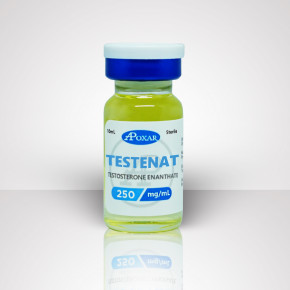
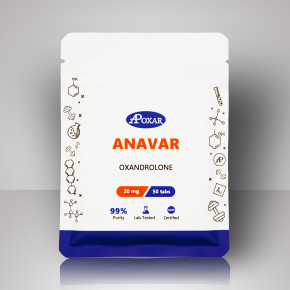
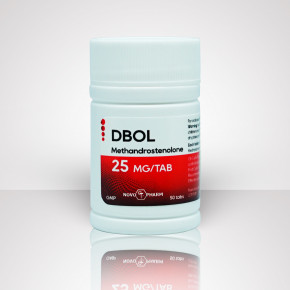
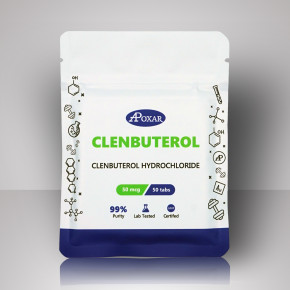
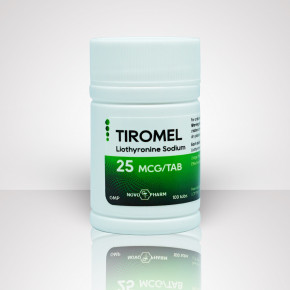
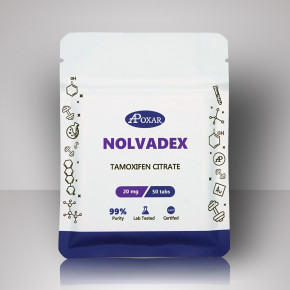
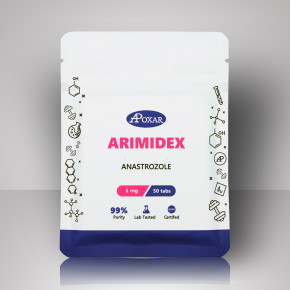
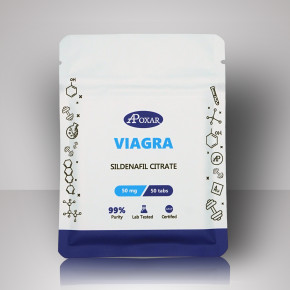
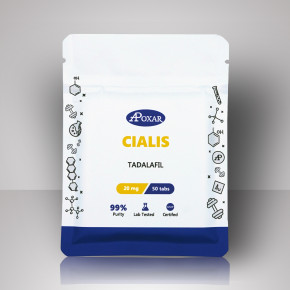
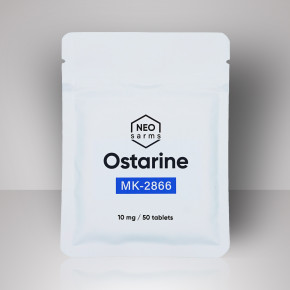
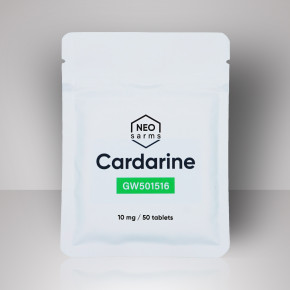
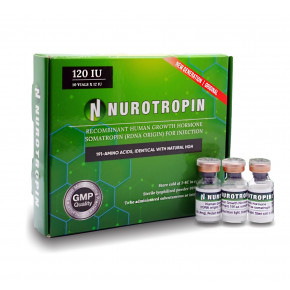
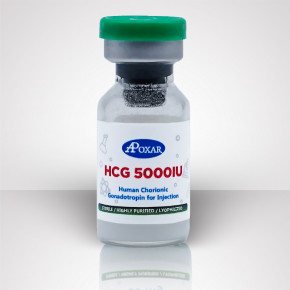
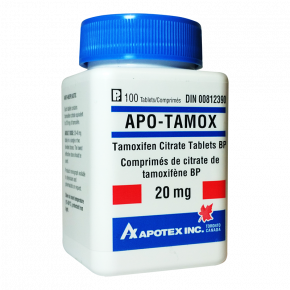
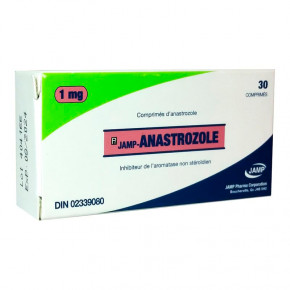
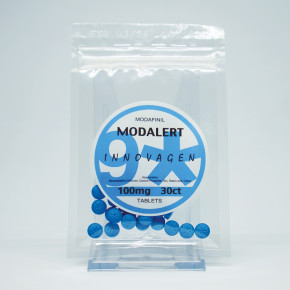
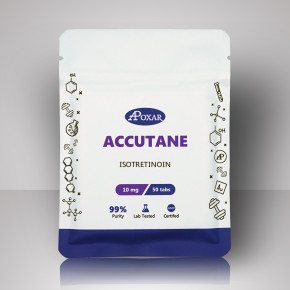
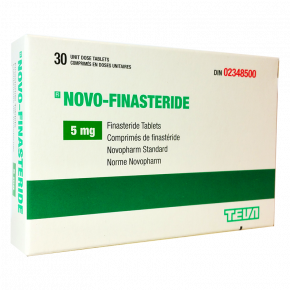
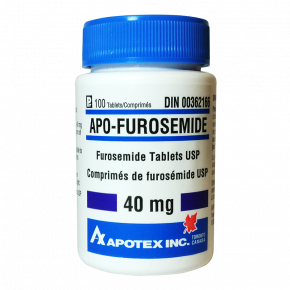
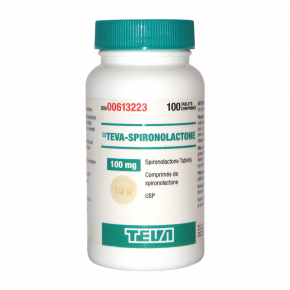
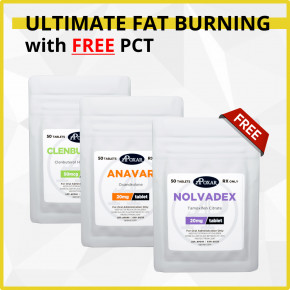
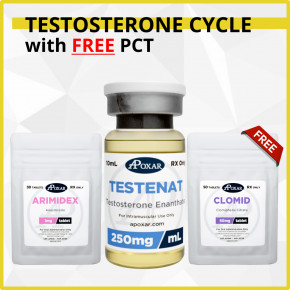
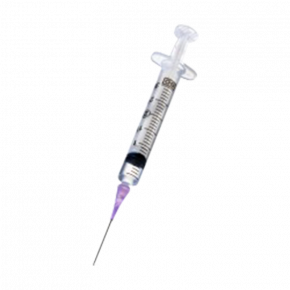
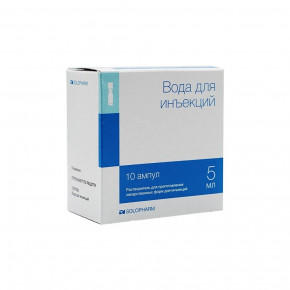

 Proudly Serving Canadians Since 2012
Proudly Serving Canadians Since 2012